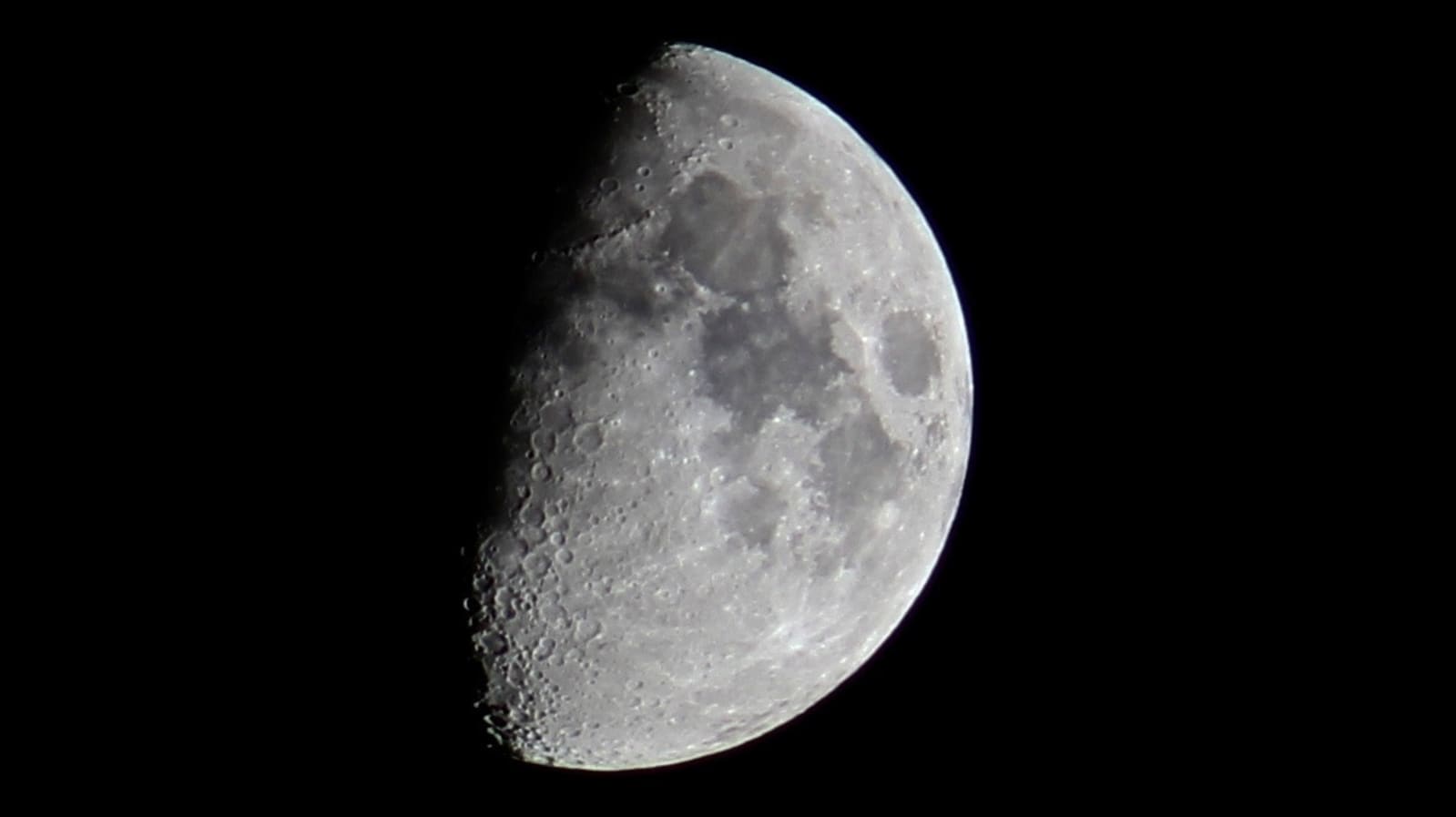Trump’s new budget won't land us on the moon anytime soon


Vice President Pence may have vowed that the US would return astronauts to the moon, but it looks like we aren't getting there anytime soon. Ars Technica appears to have received an early copy of the White House's fiscal year 2019 budget set for release at 1 PM ET today. The "Lunar Exploration Campaign" outlined in the document only provides for incremental steps to return astronauts to the moon's surface, rather than a renewed focus on exploration.
The administration's focus on the moon, rather than Mars (or some other, more scientifically relevant goal), was met with some grumbling in the space community. Now it appears that it isn't even a top priority; Ars Technica reports that NASA will work on unmanned landers to the lunar surface between now and 2023. It's only after that NASA would begin work on a lander that would return humans to the surface, and the document has no projected date for when that would happen (but it would be well after 2024). Until then, our lunar presence will be orbital only. Quartz reports that the first stage of the orbital moon outpost will launch by 2020.
The document basically supports NASA's muddled status quo when it comes to human exploration of space, without providing much direction or the aggressive funding that the administration's rhetoric seemed to promise. The Orion program and SLS (the mega rocket that will dwarf even SpaceX's Falcon Heavy) will also continue to receive funding at an increased rate.
As expected, the document also ends funding to the International Space Station by 2025. According to Quartz, the budget allows $150 million in funding to ensure that private companies are able to either take over the space station or create their own habitats in low Earth orbit. The problem here is the small amount of time private companies would have to prepare to do that. It's unclear at this point whether it would be enough, or whether private companies even hold sufficient interest in the ISS to support it.
Source: Ars Technica, Quartz
via Engadget RSS Feed "http://ift.tt/2El5u18"
Comments
Post a Comment